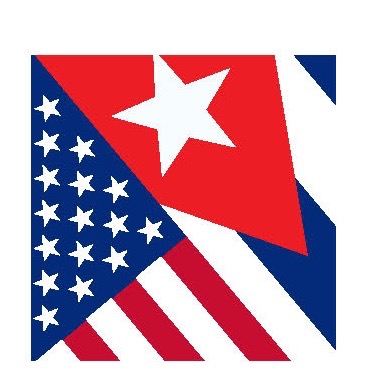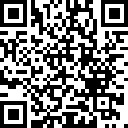A Brief History (In Spanish)
In May of 2000, members of the Caribbean Cultural Exchange, a community organization, approached St. Augustine’s mayor, Len Weeks, with the idea of investigating the creation of a project linking St. Augustine, Florida, and Baracoa, Cuba. Both the United States and the Cuban governments appeared to be opening channels for people-to-people diplomacy and humanitarian projects.
A three person delegation from St. Augustine visited Baracoa a few weeks later. The delegation met and spoke with people from every level of society and was warmly received everywhere.
Once the group returned to St. Augustine, the Caribbean Cultural Exchange began to develop the “people-to-people” project. To that specific end, the St. Augustine-Baracoa Friendship Association was formed.
Our efforts have focused on the town of Baracoa because, like St. Augustine in the United States, Baracoa is the oldest continuously inhabited Spanish settlement in Cuba. Visited by Christopher Columbus in 1492, it became the first capital of Cuba. St. Augustine and Baracoa are historically and culturally linked because of their shared French, Spanish, African and Caribbean heritage.
The process of building and involving others in the organization has been extremely edifying. The Friendship Association received a strong, positive response from a broad base of the community and beyond. It seemed that each person had his or her own reasons for liking the project and wanting to be part of it. Some felt the humanitarian aspect was important and wanted to reach out a helping hand to our southern neighbors whose history is intricately connected with our own. Members of the local African-American community wanted specifically to broaden ties with the African-Cuban community. Many local Cuban Americans, despite the past, felt that engagement would bring about needed change in Cuba. Many simply wanted to learn more about Cuban culture and heritage. These people all shared one thing: they were looking forward and wanted to be part of bridging a gap and creating a new dynamic that would be enriching for both peoples, and in so doing, hoped for constructive change in our respective national policies.
The St Augustine-Baracoa Friendship Association has been politically non-partisan and inclusive of all groups since its inception. It became a non-profit 501(c) (3) corporation in November of 2000. Volunteer committees were established to foster awareness and better understanding between the two countries through relationships of mutual concern and respect and through specific projects. The committees included culture and education, medical/dental, historic preservation, humanitarian projects and material aid, religious affairs, and sports, recreation and ecology.
The Friendship Association was issued a travel license by the Office of Foreign Assets Control (OFAC) of the Department of the U.S. Treasury permitting travel to Cuba to assess the needs of the Cuban people and to further humanitarian projects with the people of Baracoa. This direct contact has proved essential to breaking down barriers.
Early on, the Friendship Association became aware of the urgent, pressing needs of the Cuban people and began to focus more on working with the marginalized sectors of the population. Humanitarian projects were developed that would utilize the talents and skills of the membership and bring useful educational tools as well as material aid to groups such as the Cuban Association of the Handicapped and the Cuban Association of the Blind.
In June of 2001 the organization received a $25,000 grant from the ARCA Foundation in Washington, D.C. The Friendship Association is always forging new ground and each initiative adds a new dimension to the solid relationship of friendship that has been established.

